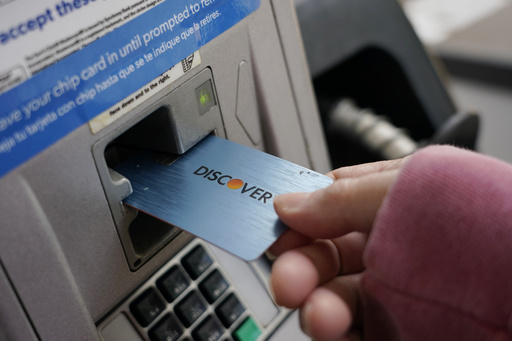Credit card defaults are hitting record levels. In fact, Americans are facing the highest default rate in 14 years. From January to September 2024, U.S. credit card defaults surged to a staggering $46 billion. This alarming rise comes as credit card debt and inflation reach new heights, leaving many consumers struggling to make their payments.
What is a credit card default?
So, what does it mean to default on a credit card? It all starts when you miss your payment. After 30 days, the bank marks your account as “delinquent.” At this point, your credit score begins to take a hit. But things get much worse if you miss payments for six months. That’s when banks officially declare your account in default. They’ll close your account, and your debt is sent to a collection agency.
What happens next?
When a collection agency takes over, they won’t be shy about contacting you. Expect phone calls, emails, and letters, all urging you to pay up. If you still ignore the debt, the agency may even take legal action. At this stage, your chances of getting new credit are slim to none. It’s not just your credit score that’s impacted. Your ability to borrow money in the future could be severely limited.
How can you avoid default?
Paying your credit card in full each month is ideal. But if that’s not possible, always pay at least the minimum. This can help you avoid sinking deeper into debt. If you’re struggling to make payments, reach out to your bank. Ask if they offer payment plans. Financial experts, like Rikard Bandebo, chief economist at VantageScore, recommend this approach. “If you’re 30 days late, don’t let it become 60,” Bandebo says. “The longer you wait, the worse it gets.“
If you’re already in trouble, don’t panic. There are still options. Contact your credit card company and ask for a debt settlement. You can also transfer your balance to a 0% interest card, though be aware that fees may apply. Credit counseling services are another option. They can help you manage your debt without the added stress.
The big impact on your credit score
Defaulting on a credit card will dramatically affect your credit score. Missing even one payment can drop your score by 60 to 100 points. If you go into default, it can stay on your credit report for up to seven years. That’s a long time to deal with the fallout.
Bandebo compares credit scores to reputations. “It takes years to build, but only one mistake to destroy.” Sadly, there are no quick fixes once you’re in default. You can’t just flip a switch and go back to where you were.

Can’t pay? Here’s what to do
If you find yourself unable to make payments, it’s time to take a hard look at your budget. Where can you cut costs? Are there any extra income sources you can tap into? Maybe it’s time to take on a temporary second job or sell some assets. Some banks also offer hardship programs to help people struggling with credit card debt. These programs can provide relief, but they’re not a permanent solution.
If you’re in real financial trouble, bankruptcy might be your last resort. But only consider it after exploring all other options. Financial experts advise exhausting every other alternative first.
Be proactive and take action
The sooner you take action, the better. Matt Sotir, a financial advisor with Equitable Advisors, recommends being proactive. “The earlier you start looking for solutions, the more consequences you can avoid,” he says. You don’t want to wait until it’s too late.
The most important thing is not to ignore your credit card debt. If you do, it will only get worse. Banks want to help you catch up, but you have to reach out first. Whether it’s negotiating with your credit card company, working with a financial advisor, or using credit counseling services, the key is to act quickly.